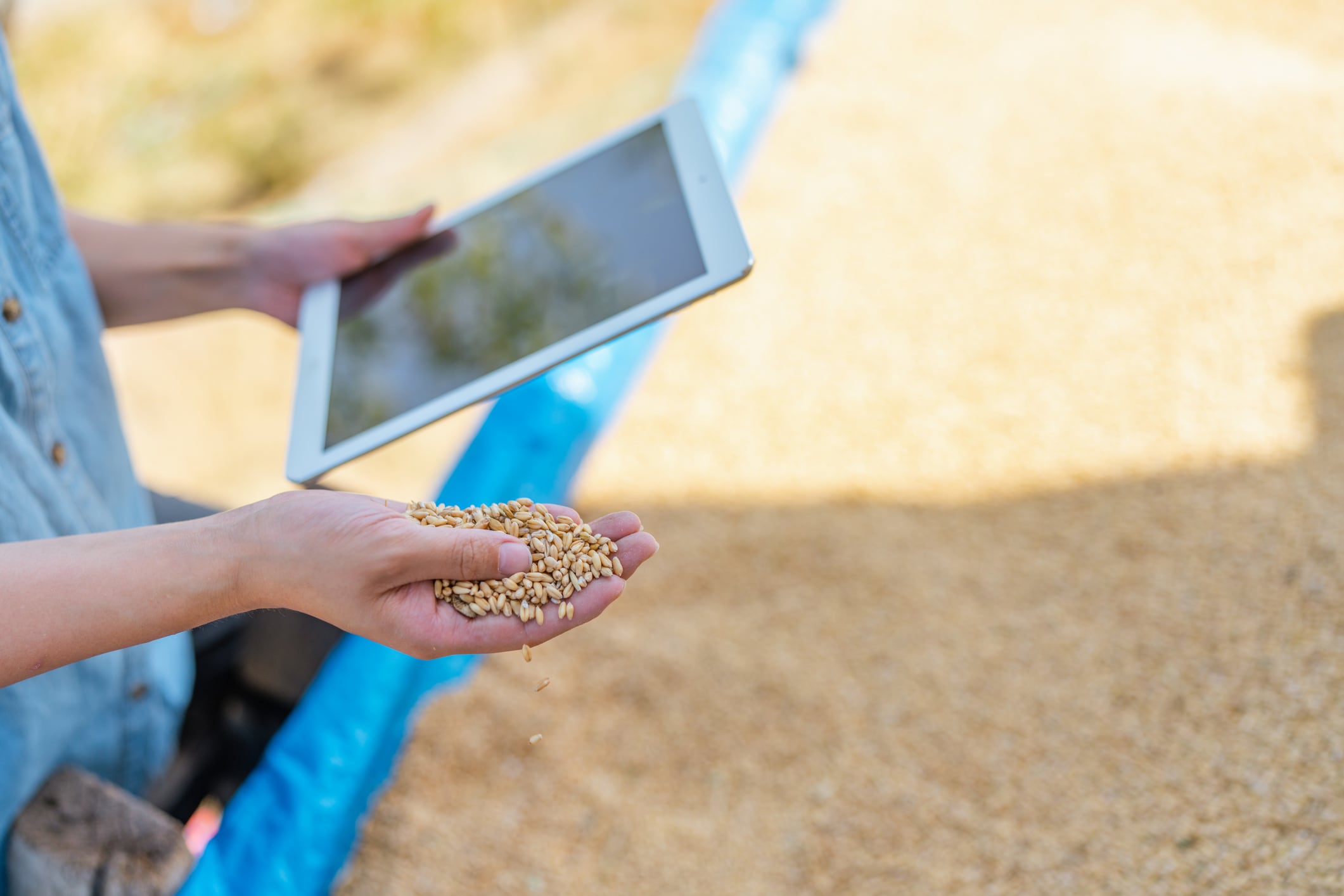The was according to a new report, 2024 Statistics on Return-to-Farming and Return-to-Rural Migration, by the Ministry of Agriculture, Food and Rural Affairs (MAFRA), Ministry of Oceans and Fisheries (MOF), and Statistics Korea.
The number of people leaving cities for rural South Korea increased by 5.7% to 22,789 in 2024.
This was the first time the “return-to-farming’ population increased in three years.
However, the number of people moving to the rural areas to become farmers have declined for the third year in a row.
The number of households that moved back to begin farming decreased by 20% to 8,243 while the number of people decreased by 20.3% to 8,403. These numbers were an all time low.
In 2023, the total number of farming households was 13,007 but that decreased to less than 10,000 last year.
A MAFRA official said: “While population decline and an ageing workforce may dampen return-to-farming and rural migration, we expect a certain level of momentum to continue due to second baby boomer retirements and growing interest in rural living.”
Passing the baton
The decline in people in farming was largely driven by the weakening trend among those aged 50 and older, which have traditionally been the majority in this population.
The report said the proportion of people aged 50 and above fell by 2.4% to 75.1%.
The average age of heads of farming households was 55.6 years, with those in their 60s accounting for 37.9%.
This trends highlighted the issue of an ageing workforce in the country’s agriculture space.
On the other hand, people under 40 now account for a record 13.1% of Korea’s farming households, despite a modest 3.2% drop in total numbers.
This was attributed to the government policies that are supporting younger farmers.
“We will continue to provide timely information and training through the return-to-rural platform and push forward youth-centred initiatives such as rural housing schemes for young people,” said the MAFRA spokesperson.
Among those that moved to the rural areas for farming, 67.9% were full-time farmers, while 32.1% had other work besides agriculture.
A majority (78.7%) of the farming households were single-person households, and 15.3% were two-person households.
The report said that among the 2.24 million people who moved to rural areas in the past five years, only 11,402 (0.5%) began farming, highlighting the high barriers to farming.





